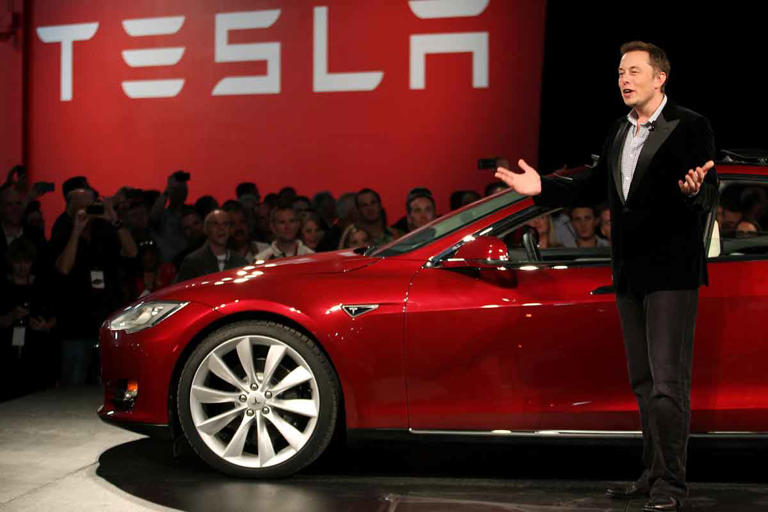Elon Musk’s recent ultimatum has set the stage for a potentially transformative moment in Tesla’s journey, with far-reaching implications for the company’s future direction, corporate governance, and technological innovation.
At the heart of Musk’s demand for 25% control of Tesla lies his firm belief that the company’s valuation hinges significantly on its advancements in artificial intelligence (AI) and robotics. Musk’s vision for Tesla extends far beyond being just an electric vehicle manufacturer; he envisions Tesla as a leader in AI-driven autonomous technology, particularly in the realm of self-driving cars.
This strategic maneuver comes amidst a backdrop of ongoing corporate drama within Tesla. Musk’s conditions for maintaining the development of AI and robotics within the company—namely, gaining 25% voting power, reincorporating Tesla in Texas, and reapproval of his 2018 compensation package—underscore his determination to consolidate more power within the company. Achieving these conditions would not only solidify Musk’s control but also significantly reshape the corporate governance landscape of Tesla.
Musk’s insistence on the importance of AI to Tesla’s valuation has put immense pressure on the company’s board and shareholders. His strategic divestiture of Tesla stock to finance other ventures underscores his commitment to driving forward Tesla’s AI-centric vision. The decision to prioritize the development of the Robotaxi over a more affordable Tesla model further emphasizes Musk’s unwavering focus on advancing AI technologies within the company.
However, Musk’s ultimatum raises complex legal and ethical questions. Openly threatening to halt crucial technological developments unless his demands for greater control are met challenges traditional notions of corporate governance and shareholder rights. Previous judicial rulings rescinding Musk’s compensation package due to his undue influence on the board cast a shadow over the current dynamics within Tesla’s leadership.
As Tesla navigates this corporate crossroads, stakeholders must grapple with the broader implications of Musk’s demands. Is Tesla’s innovative potential contingent on one individual’s vision and control, or can the company strike a balance between technological ambition and corporate accountability?
Ultimately, Musk’s ultimatum represents more than just a power play; it’s a pivotal moment that could redefine Tesla’s role in shaping the future of transportation and technology. As the company faces this critical juncture, the decisions made now will reverberate far beyond its boardroom, shaping the trajectory of an industry and influencing the course of technological innovation for years to come.
